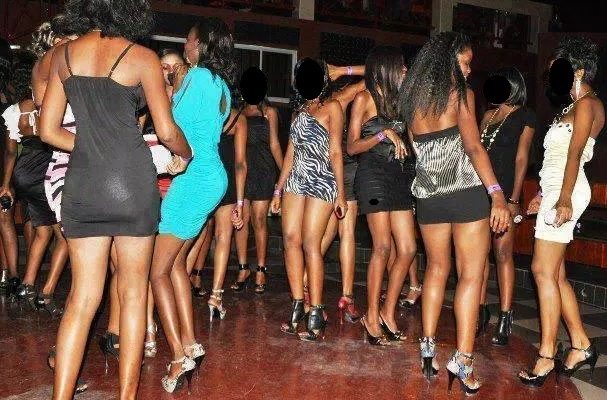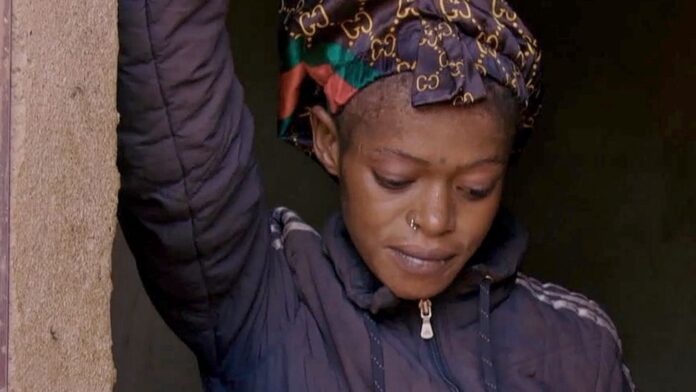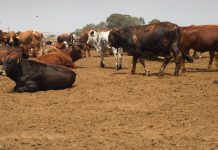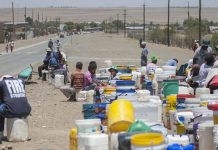
/
RSS Feed
Isata, a single mother in her early twenties, embodies the tragic reality of many sex workers in Sierra Leone. Her life has been marked by violence, exploitation, and addiction. She has endured beatings, robbery, kidnapping, and trafficking across multiple countries, only to be rescued and trafficked again. Amid this chaos, she became addicted to kush, a cheap and dangerous street drug ravaging the nation.
For four years, the Media followed the lives of sex workers in Makeni, 200 km from the capital, Freetown. In the city’s swamplands, two women—Mabinty and another—described working in grim conditions, earning as little as one dollar per client, seeing up to 10 men a night. Mabinty, a mother of six, lost three of her children but continues to sell sex to support the remaining three in school. “I have no choice,” she said. “I sell sex to pay for my children’s education.”
Thousands of women in Sierra Leone have turned to sex work, many orphaned by the civil war that ended in 2002, displacing half the country’s population. Economic hardship from the Ebola outbreak and the COVID-19 pandemic has worsened their plight. Although prostitution is not illegal, sex workers face social stigma and receive minimal support from the government or society.
















